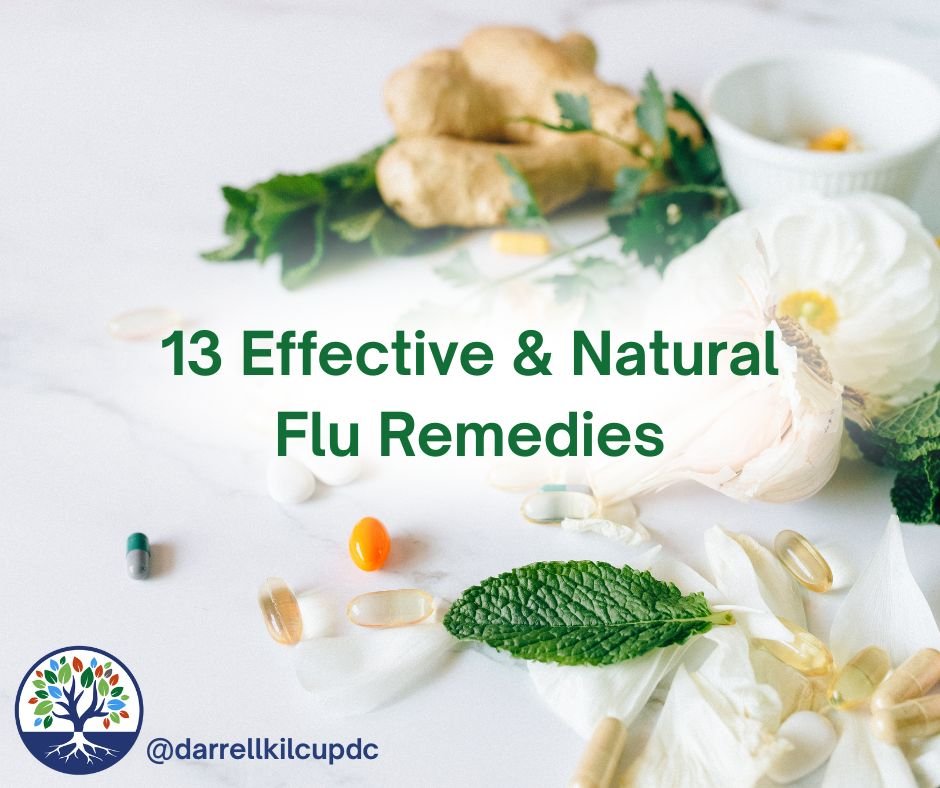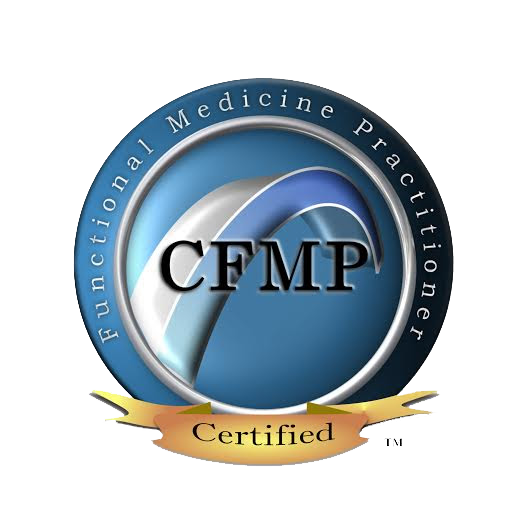
Can herbal remedies really compete with prescription antivirals? A study published in Current Therapeutic Research in December 2015 compared two herbal treatments to oseltamivir (Tamiflu)—and the results were surprising (PubMed).
The study found that a formula which contained Echinacea and Elderberry, was BETTER THAN Tamiflu in treating early influenza symptoms. After 10 days, 90.1% of those using the herbal remedy had recovered compared to 84.8% of the Tamiflu group. Fewer adverse effects and complications occurred in the Echinacea group. This included significantly less nausea and vomiting.
This research supports what I, a Functional Medicine practioner, have believed for years: nutrients found in nature can be highly effective – even more so than drugs in many cases. Unfortunately, pharmaceutical companies fund the vast majority of clinical trials, which means herbs and nutrients receive far less scientific attention.
Many researchers acknowledge this imbalance. Some have even said they believe in the value of natural treatments but can’t secure funding to study them.
So what can you do when a cold or flu hits? Here’s a science-backed action plan:
1. Prioritize Rest
Lack of sleep weakens your immune system (NIH). Rest helps your body fight infection.
2. Stay Hydrated
Even mild dehydration impairs immune function (study). Drink water, broths, and herbal teas.
3. Clean Up Your Diet
A high-sugar, processed diet suppresses immunity. Cut sugar, dairy, and processed foods when you’re sick (research).
Boost with Key Nutrients
Here are natural remedies supported by research:
4. Vitamin D3: Most people are deficient. It helps regulate immune responses (study).
5. Echinacea: Shown to reduce symptom severity and duration (meta-analysis).
6. Elderberry: May reduce the length of flu symptoms (study).
7. Arabinogalactans: These prebiotics may enhance immunity and reduce respiratory infections (source).
8. Vitamin C: May reduce cold duration and severity, especially in stressed individuals (Cochrane Review).
9. Zinc: Helps reduce duration of colds when taken early (review).
10. Lysine: May support antiviral defense (study).
11. Garlic: Has broad-spectrum antimicrobial properties (review).
12. Monolaurin: Derived from coconut oil, it can disrupt viral envelopes (study).
13. Olive Leaf Extract: Contains oleuropein, which shows antiviral potential (research).
How Much Should you Take?
Important Note: I have not included any dosages, because dosing varies based on age, weight, and delivery method (capsule, tincture, powder). These aren’t candies—consult a knowledgeable practitioner before starting any protocol. I’m always happy to help with that.
In my experience, the real challenge isn’t finding remedies that work—it’s deciding which ones to use. Nature offers powerful tools. We just need to learn how to use them wisely.
Start Today!
The most effective flu remedy isn’t something you take after you’re sick—it’s what you do before. Starting today, you can build a stronger immune system through rest, clean nutrition, key nutrients, and stress reduction. Small daily choices create long-term resilience. Don’t wait for symptoms to show up—give your body the support it needs now, and it will be ready when the flu comes around.
Become a patient and receive recommendations tailored directly to you – simply fill out our New Patient Form below to get started. You can learn more about what I do as a Functional Medicine practioner HERE.



